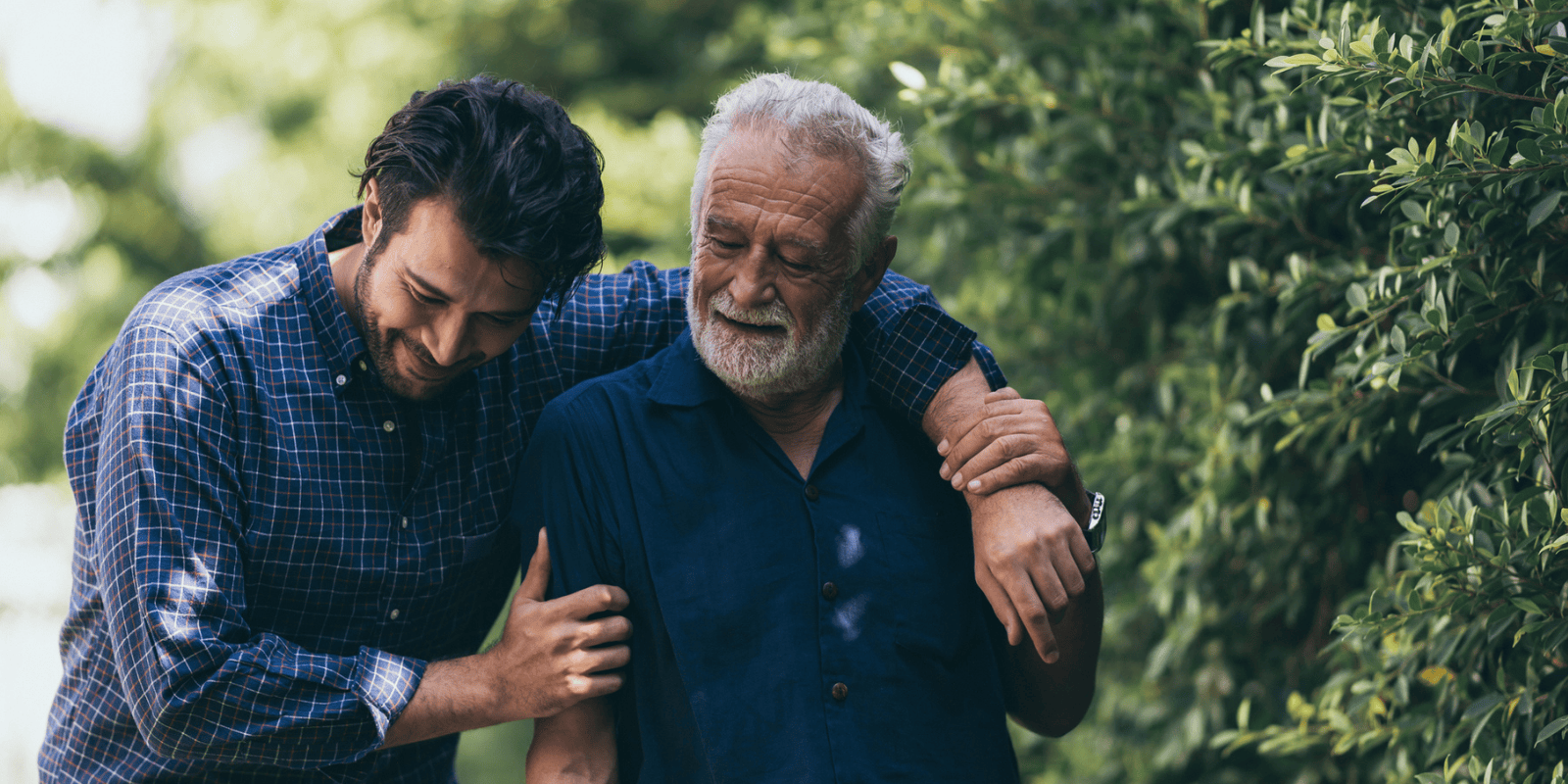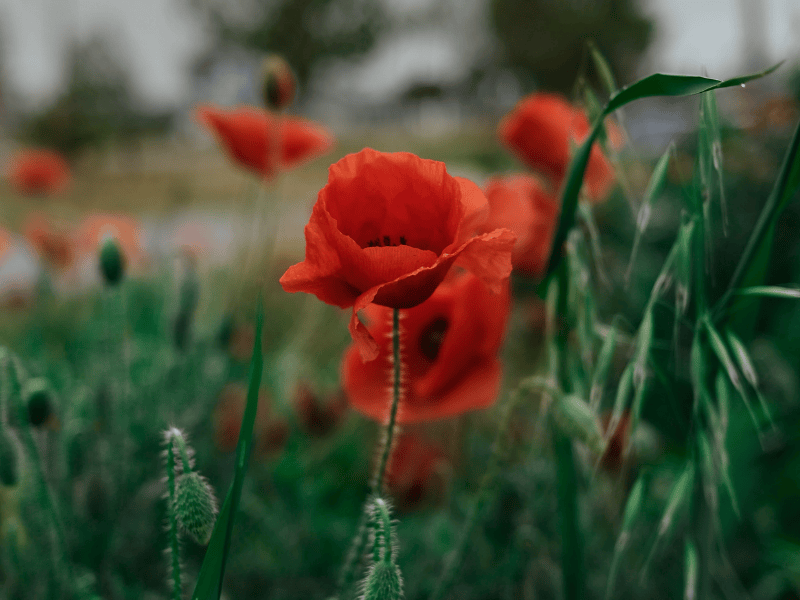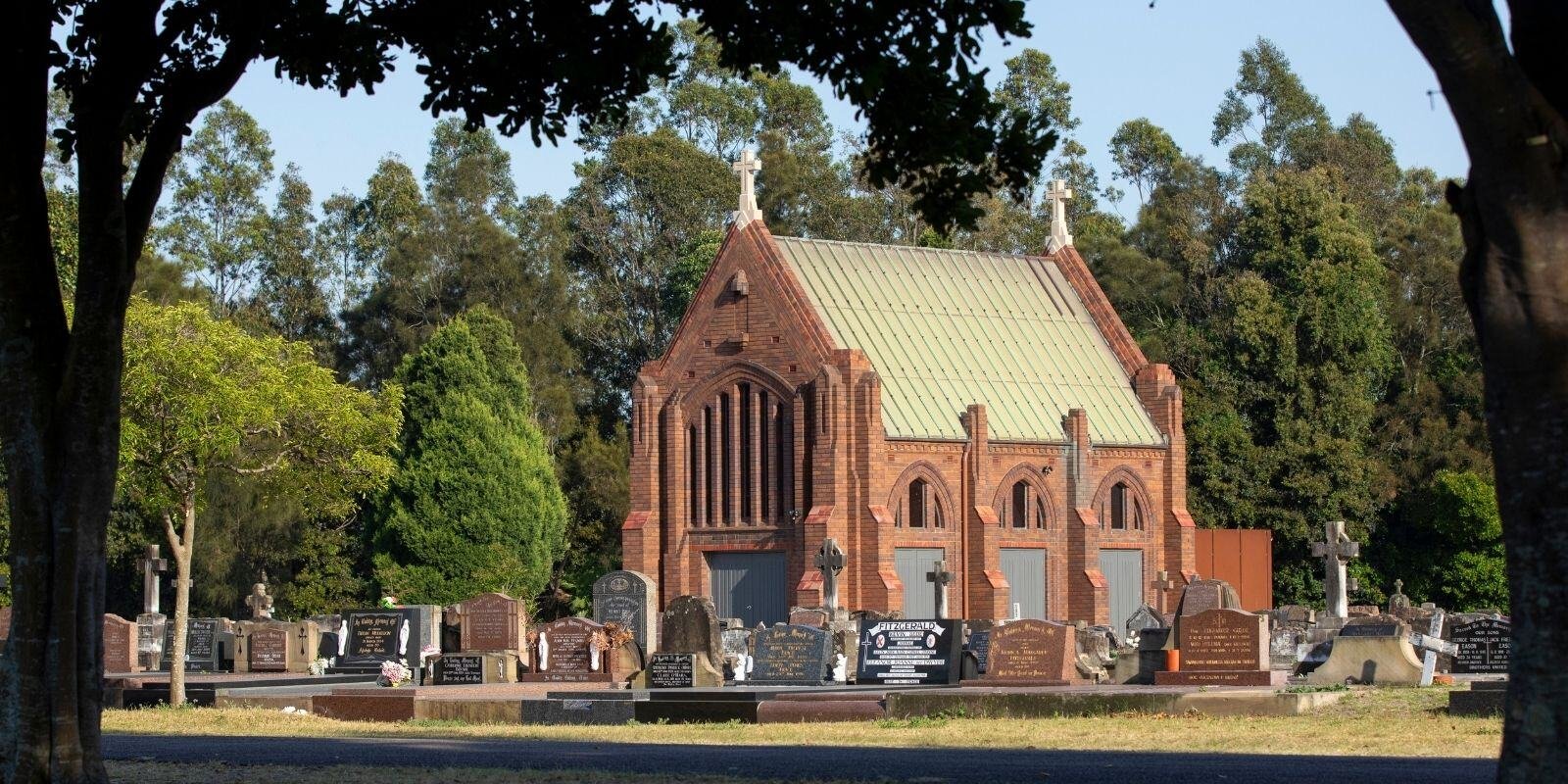
Showing up: understanding and developing your death literacy
Rest Assured Webinar
7 August 2024
Rest Assured webinar presented by Dr Kerrie Noonan
Presented in association with Dying to Know Day (8 August)—a national campaign that encourages Australians to take an active role in their end-of-life planning—our recent Rest Assured webinar featured a powerful session with Dr. Kerrie Noonan from the Death Literacy Institute.
Dr. Noonan introduced the concept of death literacy—our ability to understand and engage with the many practical, emotional, and social aspects of death and dying. Her presentation encouraged attendees to reflect on their own experiences, actions, and knowledge, helping them identify areas of strength as well as opportunities for deeper understanding.
She explored the core components that underpin death literacy: skills, knowledge, actions, and lived experience. These elements were brought to life through practical examples, such as planning ahead, navigating palliative care, and understanding funeral arrangements. The discussion emphasised how death literacy can empower individuals to make informed decisions, support others, and participate more fully in conversations about end-of-life matters.
Dr. Noonan also highlighted the importance of sharing personal stories and normalising death-related discussions in our daily lives. By encouraging open dialogue, we can build communities that are more prepared, compassionate, and resilient. The session concluded by outlining potential next steps and actions, followed by an open forum for questions and discussion.

What is death literacy?
Dr. Kerrie Noonan described death literacy as the practical knowledge and skills we develop around end-of-life matters. It includes the ability to communicate openly about death, provide care, learn from personal experiences, and take proactive steps to access services and support.
It also involves understanding available planning tools and care options. In essence, death literacy equips us to make informed decisions and take meaningful action regarding end-of-life and after-death choices.
Why death literacy matters
There are several powerful reasons why death literacy is essential. Open conversations about death and dying foster connection through our shared humanity. Death literacy also prepares us to navigate future experiences of death and dying with greater confidence. It helps clarify what truly matters to us, supports better planning for quality of life, and reduces unnecessary stress. Importantly, it can shape how we manage grief and loss in healthier ways.
In Australia, 85% of people over 50 believe we need to talk more openly about death and dying. Most say these conversations should start within families (85%), while others see value in more online information (33%) and resources from government agencies (31%).

Key insights
Dr Kerrie Noonan shared several important statistics that highlight where change is needed in how Australians approach death and dying. While conversations are starting to happen, gaps remain in planning and care. Key insights include:
- Only around 14% of Australians have an advance care directive, despite more people discussing their preferences
- Many people who wish to die at home are unable to do so
- End-of-life care is often accessed too late
- Death remains a taboo topic for many Australians.
With the population aged 65 and over estimated at 4.2 million in June 2020 (16% of the total population) and projected to grow to 21–23% by 2066, there is a pressing opportunity to improve how we plan for and talk about death.
What is Rest Assured?
Rest Assured is a webinar series encouraging open and meaningful conversation about death-related topics so people can make informed decisions about their own, and their loved ones’, end-of-life care and wishes.
Supported through its foundational community partnership between Metropolitan Memorial Parks and Newcastle Compassionate Community, this free public program creates a safe space for discussing end-of-life matters.
Featuring specialists across diverse cultures and industry-related sectors, topics include end-of-life planning, Advanced Care Plans, legal aspects and responsibilities, burial and memorial service options, cultural approaches and practices, grief and loss support resources.
Understanding these cultural differences nurtures respect, inclusion, and appreciation in an increasingly globalised world. Recognising and embracing different death traditions allows us to support and comfort those from various backgrounds, helping to create a more compassionate and inclusive society.
Explore More from the Rest Assured Series
To read articles and access resources from past Rest Assured webinars, visit our Rest Assured Hub—a dedicated space within our Resource Hub that supports informed, inclusive, and compassionate end-of-life conversations.







-1.jpg?width=1600&name=Banner%20(7)-1.jpg)







.jpg?width=1600&name=RGC%20Gallery%20(3).jpg)




.jpg?width=2000&name=Copy%20of%20MMP%20Website%20Header%20Image%20Template%20(1).jpg)
.jpg?width=1600&name=WMP%20Wonderfully%20Made%20Memorial%20(1).jpg)

.jpg?width=2000&name=Copy%20of%20MMP%20Website%20Header%20Image%20Template%20(2).jpg)

.jpg?width=800&name=Untitled%20design%20(56).jpg)












